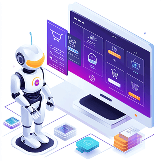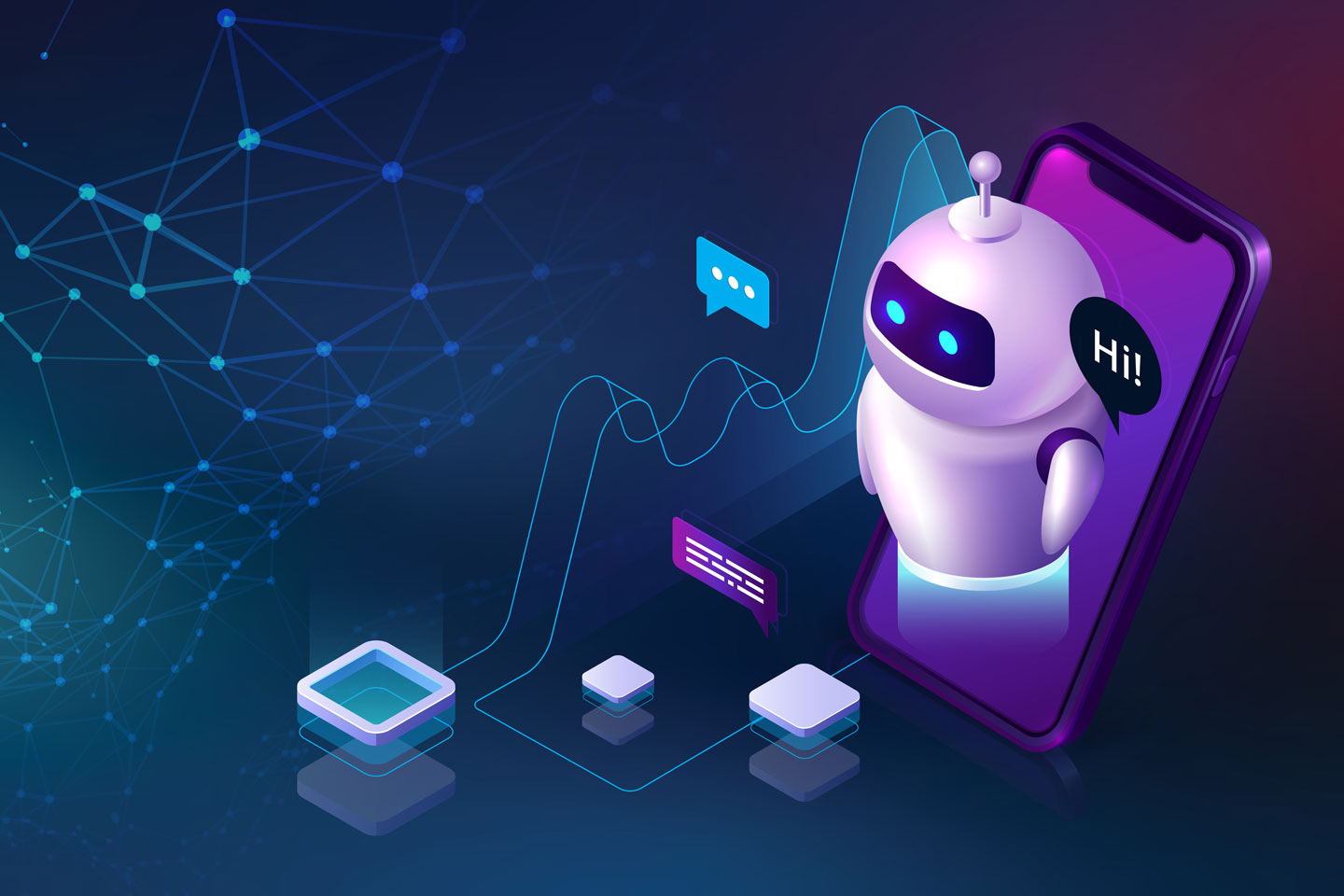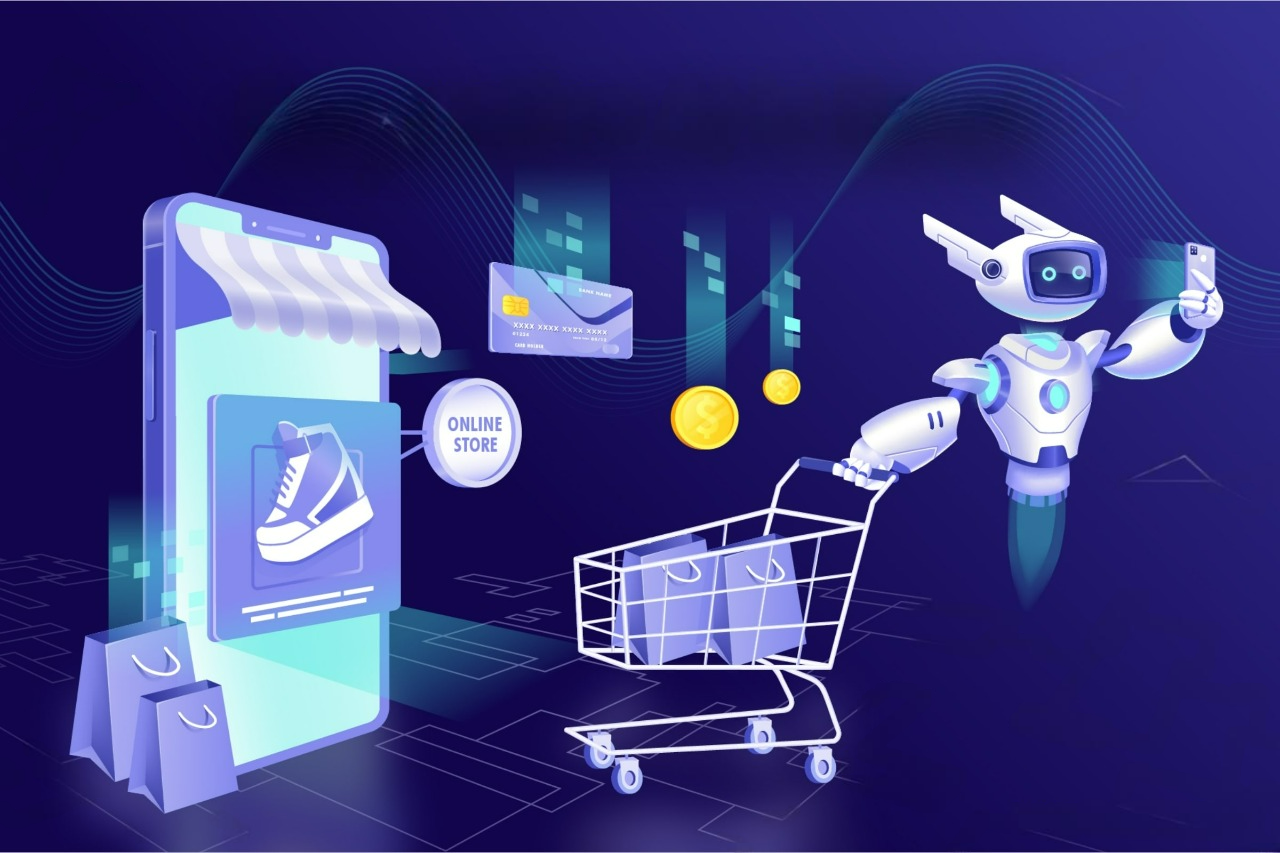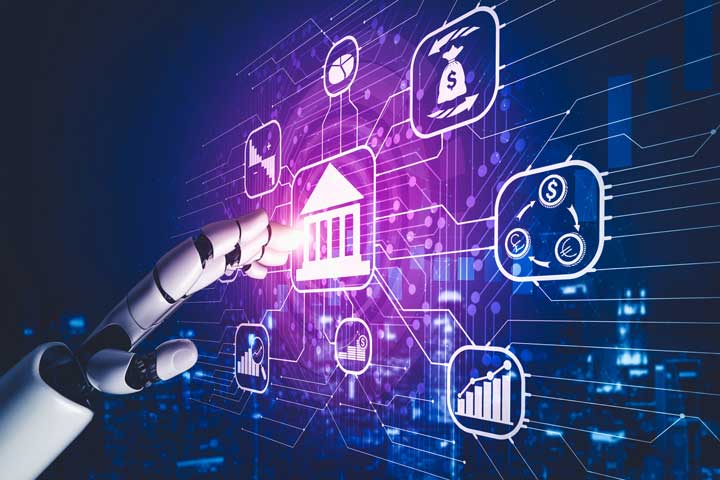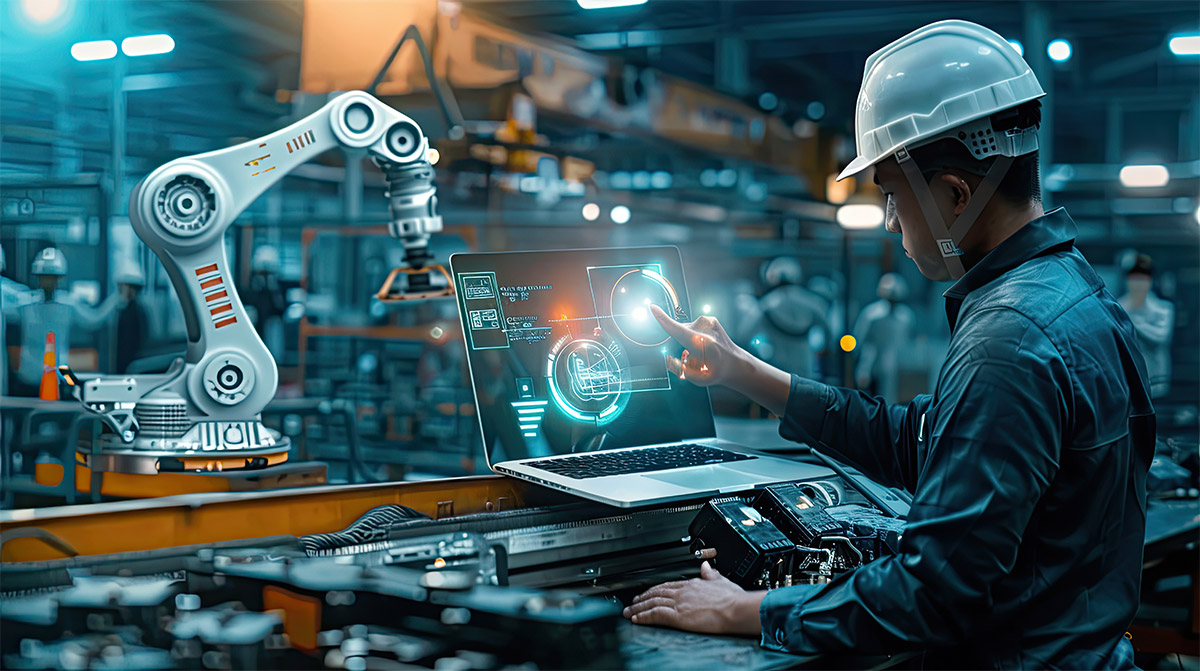Introduction
Artificial Intelligence (AI) is revolutionizing the logistics and supply chain industry, enhancing efficiency, cost reduction, and real-time decision-making. AI-driven solutions are helping companies optimize inventory management, predict demand, automate warehouses, and improve last-mile delivery.
In this post, we explore how AI is transforming logistics and supply chain management, its key applications, and what the future holds.
Key AI Applications in Logistics & Supply Chain
1. AI-Powered Demand Forecasting & Inventory Management
AI helps logistics companies predict demand fluctuations and optimize inventory levels, preventing overstocking or stockouts.
✔ AI-driven predictive analytics analyze historical sales data, weather patterns, and market trends.
✔ Automated inventory tracking ensures real-time stock updates.
✔ AI-powered supply chain optimization minimizes waste and costs.
🔹 Example: Amazon uses AI to predict which products will be in demand and pre-stocks them in warehouses near customers.
2. AI-Powered Warehouse Automation
AI and robotics are transforming warehouse operations by increasing efficiency and reducing labor costs.
✔ AI-driven robotics automate picking, packing, and sorting.
✔ Computer vision & IoT sensors optimize warehouse space and detect damaged goods.
✔ AI-based route optimization streamlines product movement inside warehouses.
🔹 Example: DHL uses AI-powered robots to sort and pack shipments, increasing warehouse efficiency by 30%.
3. AI for Smart Transportation & Route Optimization
AI optimizes delivery routes, reducing fuel costs, delays, and environmental impact.
✔ AI-driven traffic analysis predicts congestion and suggests faster routes.
✔ Machine learning algorithms optimize fleet schedules for maximum efficiency.
✔ AI-powered autonomous trucks & drones improve delivery speed and reduce human error.
🔹 Example: UPS uses AI-powered ORION (On-Road Integrated Optimization and Navigation) system, which has saved 10 million gallons of fuel annually.
4. AI-Powered Last-Mile Delivery & Customer Experience
AI enhances last-mile delivery operations, ensuring faster and more accurate deliveries.
✔ AI-powered delivery drones & robots make contactless deliveries.
✔ Smart AI-based tracking systems provide real-time delivery updates.
✔ AI chatbots handle customer queries, improving satisfaction.
🔹 Example: FedEx’s AI-driven last-mile delivery system predicts exact delivery times and suggests alternate routes in real-time.
5. AI for Supply Chain Risk Management & Fraud Detection
AI helps companies detect supply chain disruptions and mitigate risks before they impact operations.
✔ AI-powered risk assessment predicts supplier failures or transportation delays.
✔ Fraud detection AI identifies counterfeit goods and suspicious transactions.
✔ AI-driven supplier analysis evaluates vendor reliability.
🔹 Example: IBM’s Watson AI analyzes millions of supply chain transactions, detecting anomalies and preventing fraud.
Benefits of AI in Logistics & Supply Chain
✅ Reduced Costs – AI-driven optimization lowers fuel, labor, and inventory costs.
✅ Faster Deliveries – AI-powered route planning and automation reduce shipping times.
✅ Improved Inventory Accuracy – AI prevents overstocking and stockouts.
✅ Better Customer Experience – AI chatbots provide real-time updates and instant support.
✅ Enhanced Risk Management – AI predicts disruptions before they occur.
Challenges of AI in Logistics & Supply Chain
🔸 High Implementation Costs: AI-powered automation requires significant investment.
🔸 Data Quality Issues: AI relies on accurate, real-time data for optimal performance.
🔸 Workforce Adaptation: Employees need training to work alongside AI-driven systems.
🔸 Cybersecurity Risks: AI-driven supply chains are vulnerable to cyber threats.
The Future of AI in Logistics & Supply Chain
🚀 AI-Driven Hyperautomation – AI, robotics, and IoT will fully automate warehouses and supply chains.
🚀 Autonomous Vehicles & Drones – AI-powered self-driving trucks and drones will dominate last-mile delivery.
🚀 AI-Powered Sustainable Supply Chains – AI will optimize logistics for lower carbon footprints.
🚀 AI & Blockchain Integration – AI will enhance supply chain transparency and security.
Conclusion
AI is redefining logistics and supply chain management, making operations smarter, faster, and more efficient. Companies leveraging AI will gain a competitive edge by reducing costs, optimizing delivery times, and improving customer satisfaction.
Want to integrate AI into your logistics operations? Contact us to explore AI-powered solutions!

